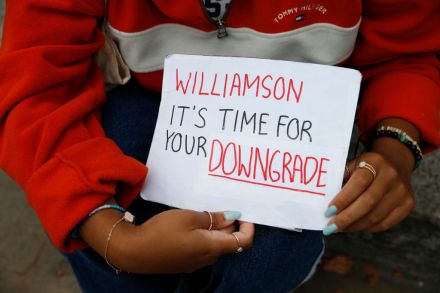No fun, no sex, and Zoom: the misery of the Covid campus
Usually I can’t wait for the start of a new term at university. But not this year. When students return, the rules are clear: no fun, no sex, lots of screen time – and the same high fees. A number of universities – including Cambridge – have said all lectures will be online-only until next summer. As for Oxford, where I study physics, masks will be compulsory in tutorials and students will be stuck for the most part in small ‘households’ within their colleges. In some ways, we can count ourselves lucky: other university students will have no in-person contact hours at all. But either way, is this really worth






















